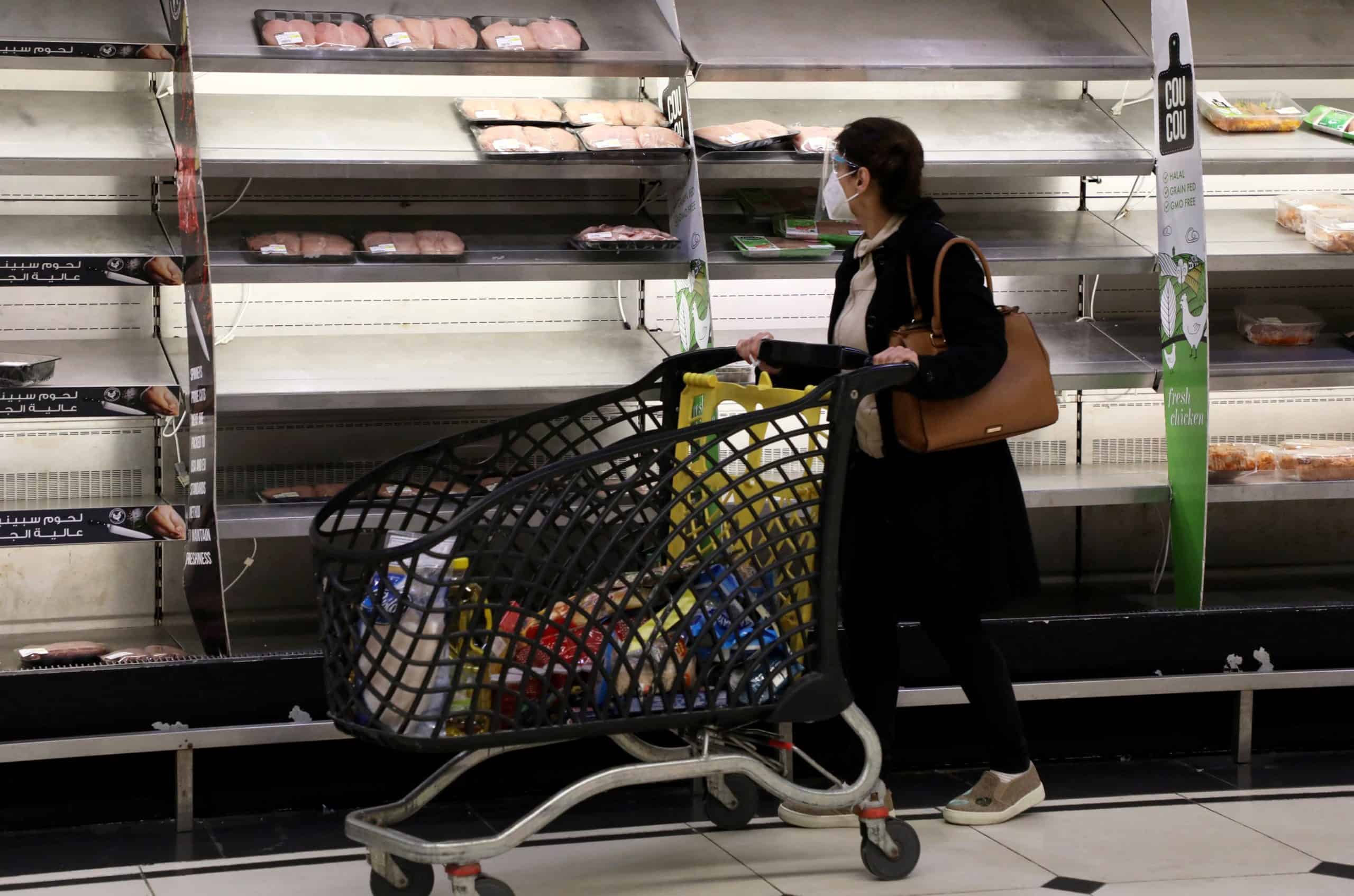“When is this nightmare going to end?”
This is what a Lebanese friend of mine posted on Facebook recently in response to yet another political crisis in Lebanon. The prime minister-designate, Saad Hariri, announced that he would step down from this role after more than nine months of negotiating with President Michel Aoun about the makeup of a new cabinet he could put forward to parliament.
Political squabbles are far from the only nightmare Lebanon’s people face, however.
In fact, these conflicts are a symptom of a leadership in crisis. Lebanon’s problems are legion: a banking crisis has led the currency to lose 90% of its value, plunging more than half of the population into sudden poverty. All manner of goods are in short supply, including gasoline and medicines, and even food has become too expensive for families to afford. Some places get as little as two hours of electricity a day, leaving even cities eerily dark.
I contemplated this darkness recently as I walked with a friend in Beirut where I’m spending the summer doing research and volunteer work. The seafront of Beirut, called the Corniche, is normally a thriving hub of restaurants, hotels, and pedestrians milling around on a summer evening. Yet as we walked in darkness with street lights out, the huge hotels were mostly closed and few restaurants appeared to be open. People were walking, but the atmosphere was muted as those out for a leisurely stroll mixed with poor children begging for money or food.
And, though invisible in the darkness, I knew what lay not far in front of me: towering grain silos, ripped apart by the August 4 blast at the port. After all, one of the largest human-caused explosions in history took place within walking distance of the heart of a modern capital city.
These grain silos stand as a grim reminder of the disaster which killed over 200 people, injured 7,500, left 300,000 without homes, and damaged buildings all over the city. At least some leaders knew there were tons of ammonium nitrate stored at the port which could ignite and create an urban bomb. Yet, they managed the situation as they do best: dithering, passing the responsibility to others, or ignoring the problem entirely. I passed graffiti near downtown that charged, “You people literally blew us up.”
In the wake of the blast, the country’s leaders have continued this failure. Lebanon’s president has yet to meet with families of blast victims, members of Parliament who allegedly knew about the ammonium nitrate are vigorously trying to avoid being questioned, and the first government leader to visit the blast site was the president of France, not any Lebanese official.
All of these leadership failures have beaten down the spirits of Lebanese people. Friends of mine seem tired, depressed, traumatized, and struggling to find any hope of a way out of an endless series of crises. Waves of unrest since October 2019, when more than a million Lebanese took to the streets calling for the downfall of the whole political elite and chanting “All of them means all of them,” have so far failed to persuade Lebanon’s leaders to undertake any kind of reform.
The people of Lebanon, however, have shown great resilience. In the wake of the explosion, thousands of people descended on damaged parts of the city to help clean and rebuild. Civil society groups have also taken on duties the absentee organs of state are unable, or unwilling, to undertake.
For example, at St. Joseph Church, a Jesuit-run parish that was itself badly damaged by the port explosion, everyday people gather to distribute food. The Circle of Catholic Youth runs a food bank for those who have fallen into poverty. Magali Toutoungi, the coordinator of the food bank, explained to me that the operation began slowly, with some members of the parish starting to make a little extra food each week for those who did not have enough to eat due to the explosion or the economic crisis. Now they distribute two to three hundred meals every day. “And all across Beirut there are dozens – who knows how many – places like us giving out food. That’s how great the need is,” she said. The volunteers who come to help not only assemble bags of food but make those who come feel welcome to sit, drink coffee, and share conversation.
“They just want to be treated with respect,” Magali told me.
Magali strongly advises prayer as well. “Jesus’ multiplication of loaves happens here [at the food bank] every day. I never know if we’ll have enough food, but we pray, and God provides. It’s simply a miracle.” Despite the difficult conditions in Lebanon, God’s providence helps give her hope: “After working here for many months, I’m not afraid of anything. The people who come here are so afraid, but I tell them not to fear, because God is sending help.”


